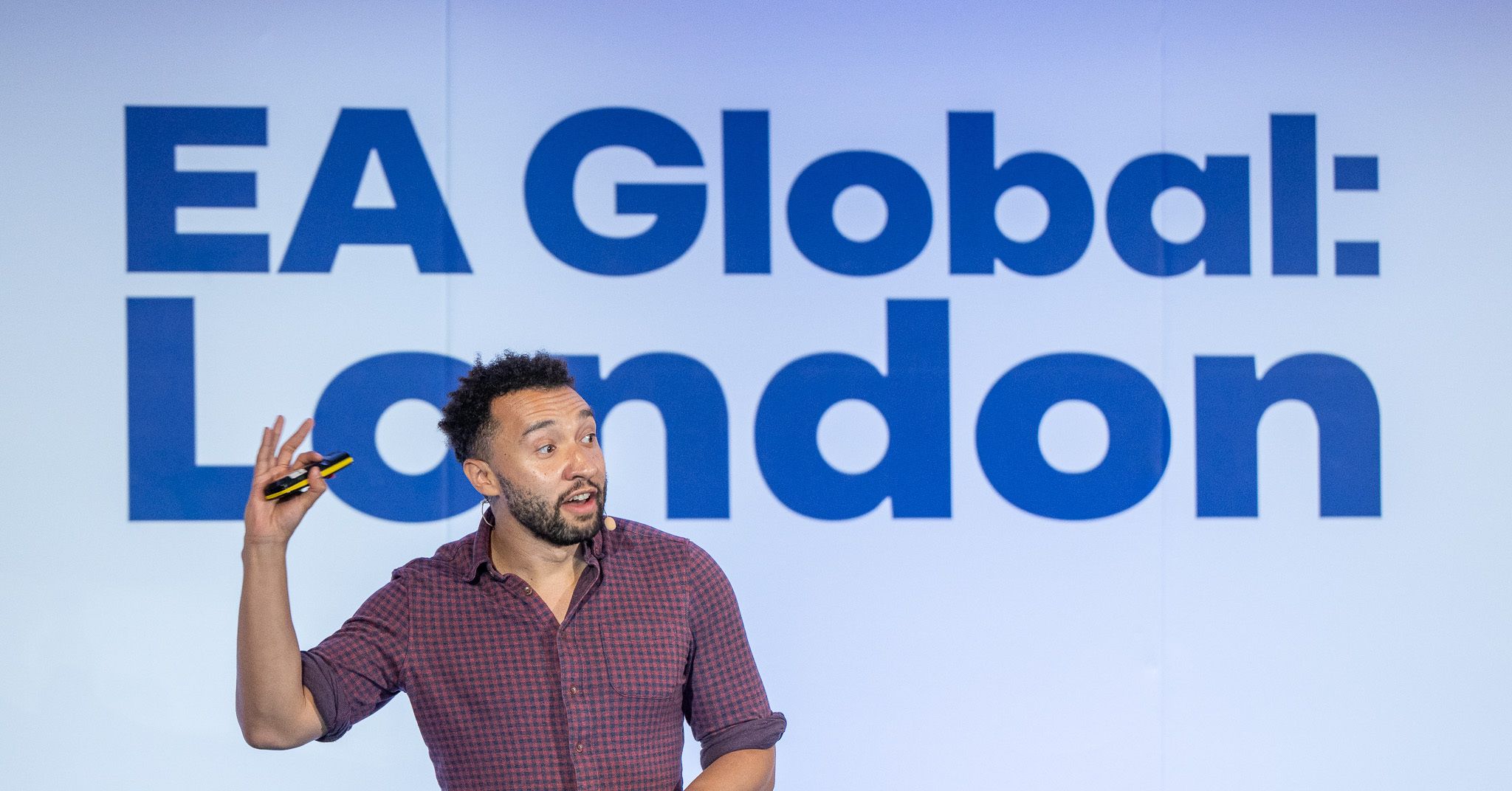Thanks to generous initial contributions from Ozzie Gooen and Peter Hurford, we've started a .impact fund which can pay for small costs and virtual assistant (VA) work for independent EA projects. If you're interested in making use of this, contact Ozzie!
Examples of things the fund could pay for include domain names, web hosting, and printing or mailing out leaflets for an experiment. We've found some good virtual assistants and opened paid-for accounts with them that you could use. These virtual assistants are generally cheap overseas freelancers who bill us hourly, and are happy to help with any task, including time-consuming administrative ones. We also have an account at US-based Fancy Hands, which provides us with a certain number of 15 minute tasks per month.
Though we're open to offering more in some cases, at least for now the fund will mostly be limited to very small-scale spending - $10 for domain names here, $30 for VA work to complete or drive forwards a delayed project there. This seemed like a valuable niche in the EA movement; EA Ventures is targeting larger projects, and we'd encourage those interested in these to apply there.
Naturally, it doesn't make sense to spend hours on an application for such small amounts - just fire off a brief exploratory email, and we may approve spending quickly, including for future work on the project.
As a reminder, .impact is the place to coordinate and communicate about EA projects. For more, see Marcus Davis' recent post reintroducing it.




This seems like an extremely useful resource. As someone familiar with working on developing high impact ideas, to have just a little bit of extra help to get something started and see if a project is viable could mean the difference between success and failure.
I think that for many people with great ideas, sometimes the "startup inertia" is too great, and the .impact fund can go a long way towards reducing startup inertia.
This looks great!
Alasdair Pearce made a point worth discussing, which I'll post my reply to below:
Even when people could afford these costs (for instance by funging against donations), asking for money serves another useful purpose: it serves as a sanity check on whether this is a reasonable use of resources.
For people who can afford it and are confident the expense is justified, it makes sense for them just to pay. Having a system they can apply to makes sense both for those who cannot afford it, and those who want a hard-nosed outside opinion.
Here's how I replied:
I think the reasoning is that people are irrationally offput from spending small amounts of money, and in particular offput from getting VAs to finish projects. In addition, there's high and offputting overhead for first getting set up with VAs, which we've had to handle anyway.
Of course, people could afford to pay these small sums themselves, and I'm very sensitive to concerns about donating to the global rich rather than GiveDirectly. Indeed I think a lot of spending in the EA movement broadly conceived is misplaced on these grounds, ultimately gets focused on helping those globally rich people, and does less good than GiveDirectly. But I think this particular .impact spending, which is after all especially small, is worth trying.
Do you want to elaborate on this?
Not really ;)
Reductio ad absurdum: Why we should give any money to organizations like Givewell, that then turn around and pay that money to their globally rich employees who are doing EA research work?
Paying Givewell employees a solid salary lets them focus on EA stuff full-time while not having to expend a lot of stress & energy making sure their needs get met. It's effectiveness that matters, not overhead. Providing virtual assistants to independent EAs seems like it could do much the same thing--giving them a free virtual assistant exoskeleton lets them spend more of their time on nonreplaceable EA work and less on menial, outsourceable tasks that arise during the course of their EA work.
The counterargument would be that many EAs have full-time earning-to-give jobs, so they could just deduct the funding necessary for their independent EA projects from whatever their normal charitable donations would be. So I think funds like this make sense for EAs who don't have full-time earning-to-give jobs: students who want to do effective activism (say for pandemic risks?) in their spare time, someone who quits their job and lives off savings in order to research EA-related topics full-time, someone who thinks earning to give is oversubscribed and is focusing on an EA project instead of advancing their career, etc.
That's all reasonable. I think the strongest point Alasdair could be making is the claim that even those people could afford to spends $10s or even $100s themselves. (I agree that that claim isn't obviously true though, depending on what you mean by 'afford'.) By contrast, most GiveWell staff couldn't afford to work for no salary whatsoever.
Even if they could, that may be demanding a higher level of self-sacrifice from volunteers than we want to... consider that giving 10+% of your time/income qualifies you for EA status, so if someone is giving 20% of their time and living paycheck to paycheck, asking for more money on top of that feels like it will set the bar too high for some worthy volunteers.